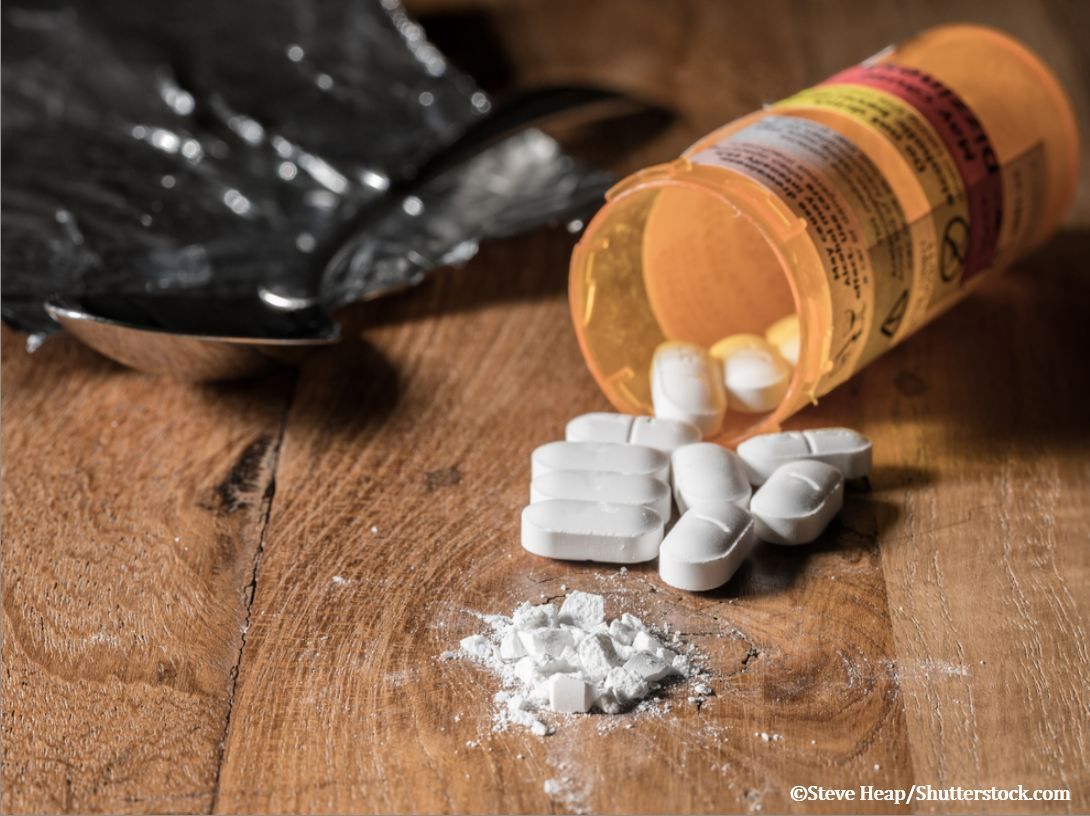Health care staff and the risk of drug overdose death
Staff members doing different jobs have different risks.
© Steve Heap - Shutterstock.com

The nation’s opioid epidemic has led to record numbers of drug overdose deaths.
Health care professionals are among those victims, but within the health care sector, different staff have different levels of risk for drug overdose death, according to a new study.
Compared with non-health-care workers, hazards of drug overdose death “were significantly increased” for social or behavioral health workers, registered nurses, and health care support staff. Physicians had a significantly lower rate of drug overdose deaths. Other treating or diagnosing workers, and technicians including emergency medics, did not have higher rates of opioid-related overdose deaths and unintentional overdose deaths.
“Several groups of health care workers are at increased risk for drug overdose death,” the study said. “This observation raises concerns over the extent to which substance use among health care workers compromises not only the health of affected clinicians but also the quality, effectiveness, and safety of the care they provide.”
Workers at risk
Generally people may not consider health care workers to be at high risk of drug overdose. Women are overrepresented in the workforce and workers have higher education and incomes, the study said.
But the work can be stressful with conditions that could contribute to drug use.
Nurses have jobs that may cause physical and psychological strains, and they regularly have access to controlled prescription drugs. Health care support workers have physically demanding jobs with high rates of work-related injuries, the study said.
Social workers and psychologists sometimes must deal with unmanageable caseloads and emotional exhaustion that could contribute to risks of substance use and overdose death, the study said.
Ways to help
Programs to assist physicians with substance use disorder have helped most participants return to practice. But “few such programs exist for health care workers other than physicians,” the researchers said.
“High risks for drug overdose death among health care workers underscore the need for new initiatives to reduce health care worker stress, prevent burnout, identify at-risk workers, and, when necessary, accelerate their access to confidential substance use evaluation and treatment,” the study said.
The authors suggested measures that could help:
- Reduce administrative burdens and heavy workloads.
- Communicate about availability of behavioral health issues and services.
- Expand availability of external behavioral health professionals.
- Offer support services for staff involved in traumatic events.
- Arrange coverage for workers taking time for behavioral health appointments.
- Assist workers with addiction who fear losing professional licenses.
“Such proactive and coordinated efforts may help lower stigma, concerns over confidentiality, fear of punitive actions, and other barriers to seeking help,” the study said.
“Fatal Drug Overdose Risks of Health Care Workers in the United States: A Population-Based Cohort Study,” by Mark Olfson, MD, MPH, Candace M. Cosgrove, MPH, Melanie M. Wall, PhD, and Carlos Blanco, MD, PhD, was published this month in Annals of Internal Medicine.
The data came from a national cohort from the 2008 American Community Survey of the U.S. Census Bureau, followed for mortality through 2019.
Reducing burnout with medical scribes
November 29th 2021Physicians Practice® spoke with Fernando Mendoza, MD, FAAP, FACEP, the founder and CEO of Scrivas, LLC, about the rising rates of reported burnout among physicians and how medical scribes might be able to alleviate some pressures from physicians.
Cognitive Biases in Healthcare
September 27th 2021Physicians Practice® spoke with Dr. Nada Elbuluk, practicing dermatologist and director of clinical impact at VisualDx, about how cognitive biases present themselves in care strategies and how the industry can begin to work to overcome these biases.